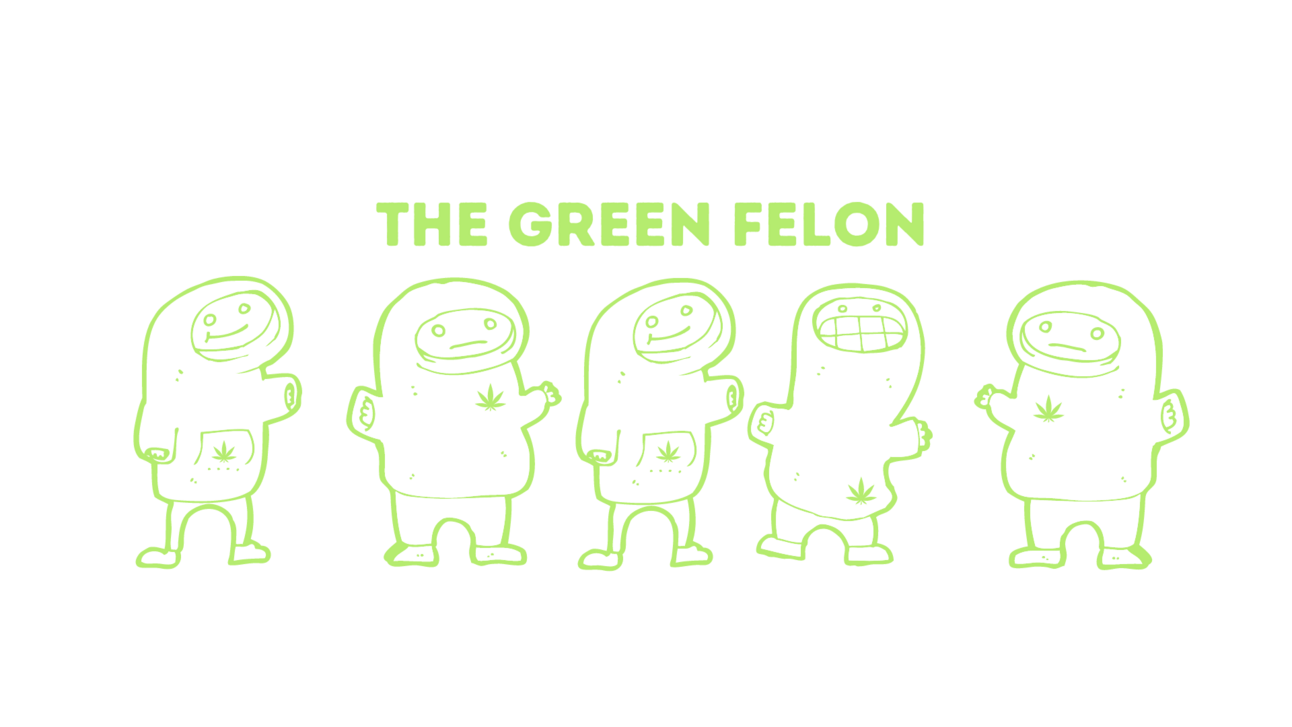
News 📇 Highlights:
FTC Crackdown ⚡️ on Deceptive Marketing ☎️: The Federal Trade Commission (FTC) has taken action 🚴♀️ against companies making unsubstantiated health 🏩 claims about CBD products, emphasizing the need for scientific 🌡 evidence to support such claims 🖇. Federal Trade Commission
Contaminants 💣 in CBD Products: Investigations 👮🏻♀️ have found that many CBD products are contaminated with heavy metals 🪝, pesticides 🐛, and other harmful ☠️ substances, posing potential health ❣️ risks to consumers. WJLA
False Labeling 🔖 and Misleading Claims: The Food and Drug 🍓 Administration (FDA) has issued warning letters 📜 to companies for false advertising and illegal interstate 🚗 marketing of CBD as an unapproved drug 💉 to treat various diseases 📿. FDA

Quick Read 📆:
Transparency Myths Shattered 🍸: Many CBD brands promote 🙋🏿♂️ transparency, yet investigations 🔎 reveal their claims often mask discrepancies in lab 👩🔬 results, misleading consumers about product purity 🌪 and quality.
Lab ⚗️ Reports Under Scrutiny: Certificates 📨 of Analysis (COAs), intended to verify cannabinoid 🌵 levels and safety, frequently fail 🚫 to match independent testing findings, exposing potency misrepresentations and unreported contaminants 🎃.
Health 🫀 Risks from Hidden Toxins: Contaminants 👹 such as pesticides 🦂, heavy metals, and molds 🟢 lurk in poorly regulated CBD products, posing long-term health 🫁 risks including liver damage and suppressed immunity 🦴.
The Importance 💡 of Independent Verification: Only third-party 👨👩👧 lab testing ensures unbiased results 🔬. Consumers must scrutinize COAs 🗃, validate lab credentials, and cross-check ❌ batch-specific data for accuracy.
Consumer Power 📡 in Driving Accountability: Educated 📎 choices fuel industry-wide improvements, encouraging brands 💼 to maintain rigorous standards and prioritize consumer trust over profits 💰.

CBD Scandal: What Your Favorite Brand 🎡 Isn’t Telling You About Their Lab 👩🏾💻 Results
Transparency has become a buzzword 🐝 in the CBD industry. From “organic” labels 🪴 to promises of purity, consumers often believe they’re purchasing a product free of contaminants 🪣 and accurately labeled. But what if the truth is more complicated 🤦 than the marketing suggests? Recent investigations have uncovered startling discrepancies 🔢 in lab testing claims, leaving many wondering if their trusted brands are playing fair 🎠.
The Eurofins network of laboratories specializes in testing the many different complex matrices of hemp and CBD including raw material, CBD distillate, CBD oil (crude and refined), CBD and hemp edibles, and many others."
Unmasking 👒 the Lab Results: Are You Getting What You Pay For?
A growing number #️⃣ of reports 🔄 reveal that some CBD companies either misrepresent or omit lab results entirely. These “COAs” 💿 (Certificates of Analysis) 🔹 are meant to verify the levels of cannabinoids and check for harmful substances 🌋 like pesticides, heavy metals 🔗, and mold. However, independent testing labs 🏢 have found discrepancies in advertised potency and actual content.
Some products tested were shown to contain significantly less CBD than advertised 🔇. Worse yet, some included THC levels above the legal limit 🔒, potentially putting unsuspecting consumers at legal ❗️ risk. Why does this happen? Pressure to cut costs 🛒 and maximize profits leads certain companies to skip corners, all at the expense of your health 🏥 and trust.

CBD’s 🎋 popularity has led to a boom 🚀 in production, but not all brands adhere to rigorous standards. Pesticides 🐞 used in hemp farming can remain in the final product 🧊, and heavy metals from soil leach into CBD oils, edibles 🌯, and tinctures 🍵. Even molds and bacteria 🦠 can proliferate during poorly managed production processes. While these contaminants 🚿 may not cause immediate harm, prolonged exposure can have long-term consequences 🔐, including liver damage and immune system suppression.
Why Independent Testing 🖲 Matters
The best CBD brands 🎖 pride themselves on transparency, providing third-party lab reports 🖋️ for every product batch. Independent testing ensures that no conflicts of interest skew results 🚪. Yet, even with reputable companies, consumers must remain vigilant. COAs can be falsified or outdated 📝, which is why checking the lab’s credentials and verifying batch 🔠 numbers is critical.

How to Protect 🛑 Yourself When Buying CBD
To make sure your CBD 🥑purchase is safe and effective, follow these steps:
Demand Transparency 🔰: Always request a current COA from the manufacturer. It should include tests for potency 💪🏿, contaminants, and THC levels.
Check the Source 🌿: Opt for products made from organically grown hemp, preferably sourced from the U.S. 🇺🇸 or EU 🇪🇺.
Verify Third-Party Testing 🔤: Ensure the lab conducting the test is independent and accredited. The lab's 📨 name and contact info should appear on the COA.
Look for Full-Spectrum 💾 or Broad-Spectrum Labels 🏰: These products undergo more rigorous testing, ensuring a well-rounded 🔘 cannabinoid profile.
The Bottom Line ➡️➡️: Accountability Matters
As the CBD industry 🏭 continues to grow ⏫, so does the responsibility of brands to uphold trust and safety 🚧 standards. The good news is that some companies are setting the bar high 🏗️, offering full transparency and education 🎫. As a consumer, your choices drive the industry toward accountability.
Are you confident 👸🏻 that your favorite CBD brand is telling you the whole ♥️ truth 💯?
🚁 Fearless Growth ☑️

The information provided in this newsletter is for informational purposes only and does not constitute medical, legal, or professional advice. Always consult with a qualified professional before making any decisions based on the content shared here.

